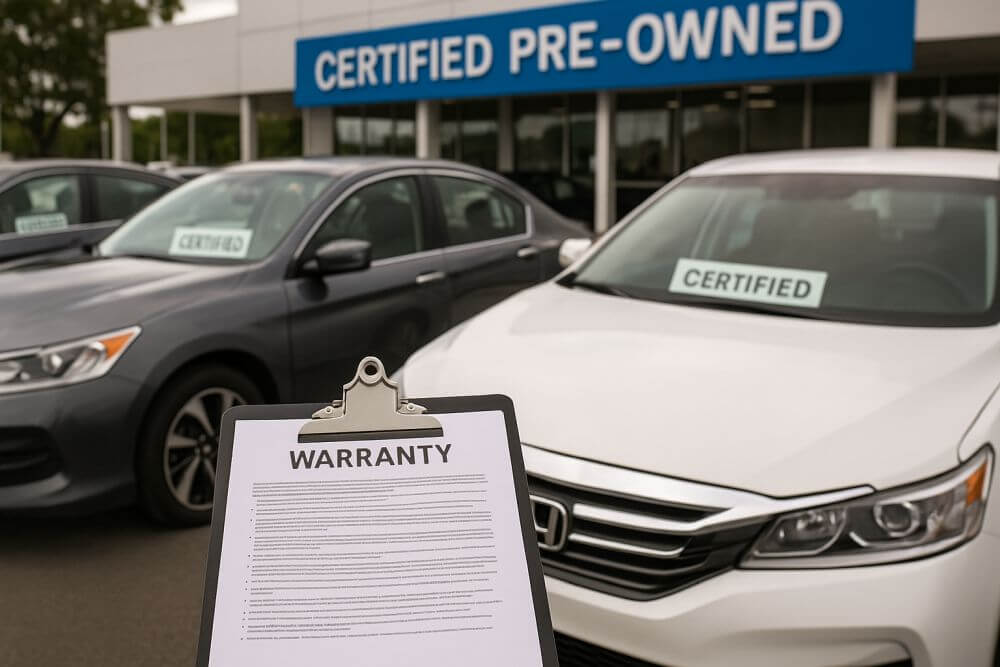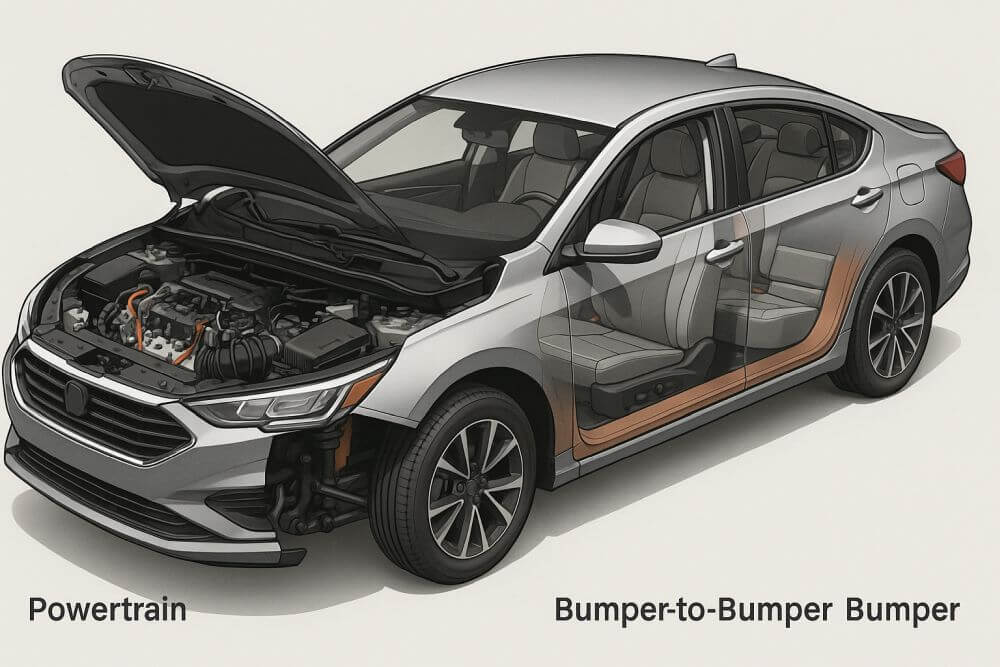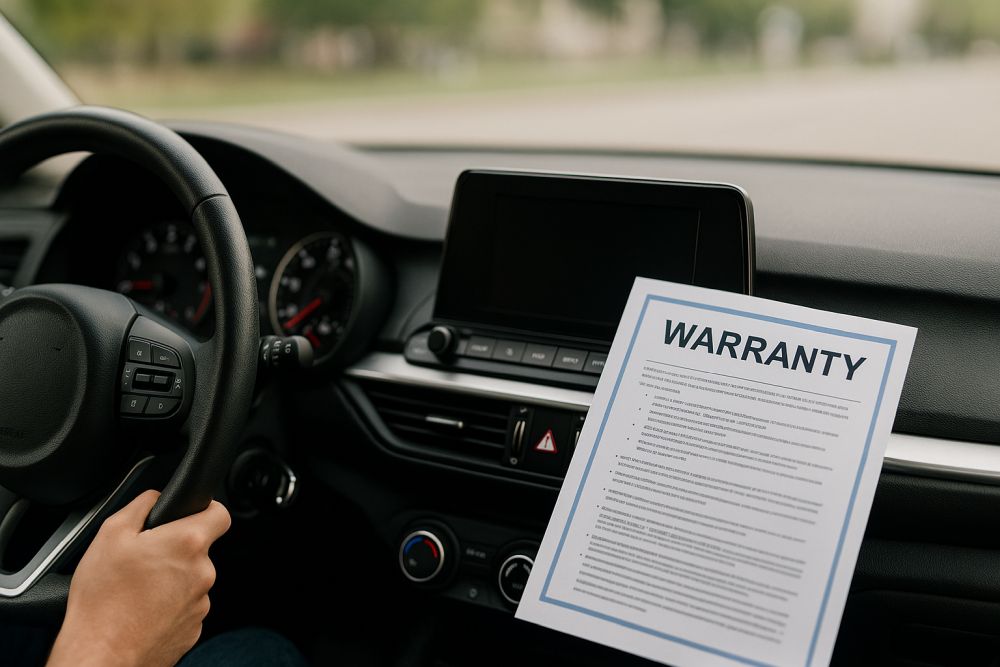When buying a used car in California, timing is everything. The car market fluctuates throughout the year, and understanding when to buy can save you a significant amount of money. This guide will walk you through the best times to purchase a used car in California, highlighting the key factors that can influence prices and availability.
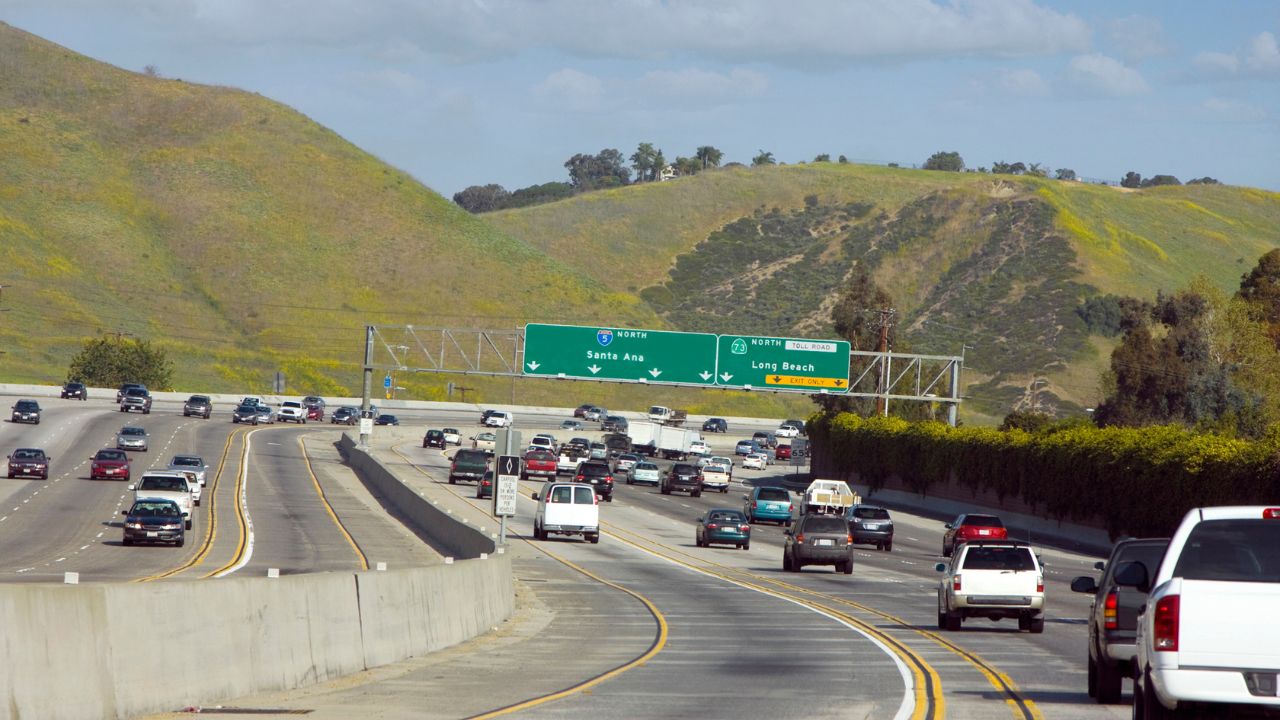
Understanding Market Trends
The used car market in California is influenced by various factors, including supply and demand, economic conditions, and even the weather. Here are some key trends to keep in mind:
- End of the Month/Quarter: Car dealerships often have sales targets to meet by the end of each month or quarter. As these deadlines approach, salespeople may be more willing to negotiate on price, making this a great time to find a deal on a used car.
- New Model Releases: When new car models are released, typically in the fall, many car owners trade in their current vehicles to upgrade. This influx of trade-ins increases the supply of used cars, often leading to lower prices.
- Tax Season: Early spring, around tax refund time, is another peak period for used car sales. Many people use their tax refunds as down payments on vehicles, which can drive up demand and prices. If you can wait until after this rush, you might find better deals.
Seasonal Factors
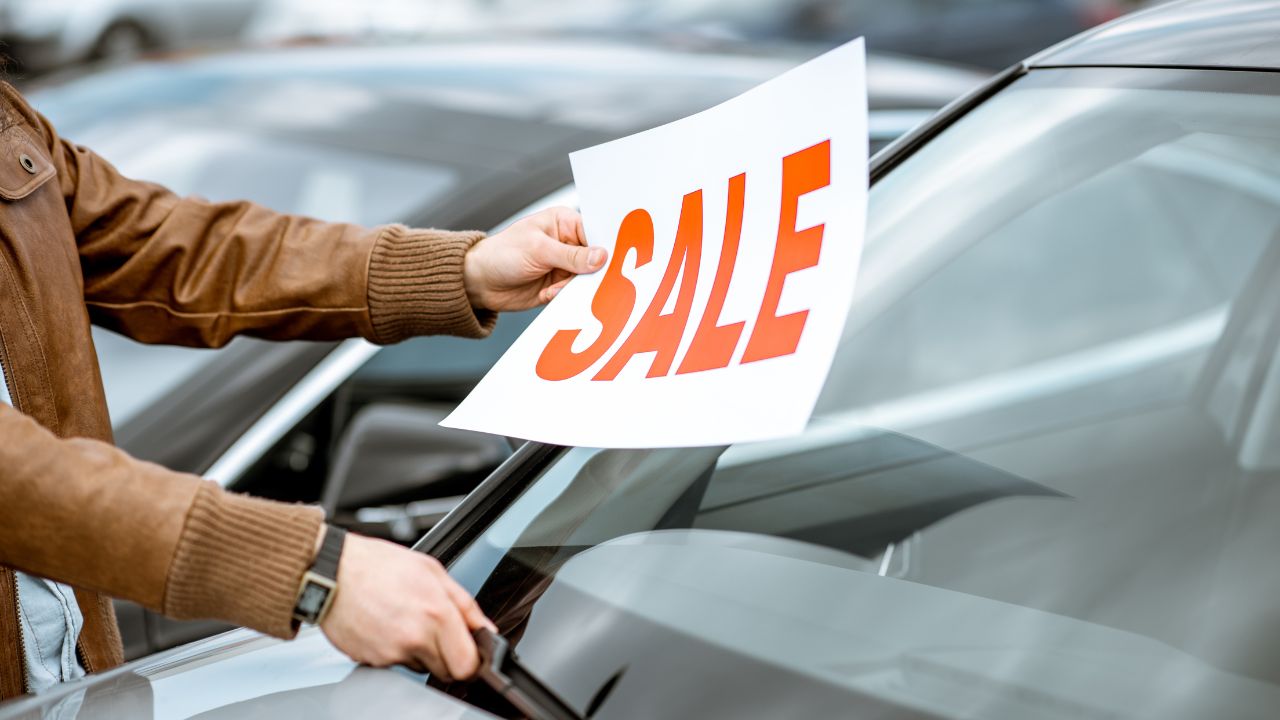
Seasonal changes can also affect the best time to buy a used car in California. Here’s what to consider:
- Winter Months: While California’s climate is generally mild, the winter months still see a drop in car sales. Fewer people are shopping for cars during the holiday season, which can lead to better prices as dealerships try to move inventory before the end of the year.
- Holiday Sales: Major holidays like Memorial Day, Fourth of July, Labor Day, and Black Friday often come with significant sales promotions. Dealerships may offer special discounts on used cars during these times, making it an excellent opportunity to buy.
- End of Summer: Late August and September can be an ideal time to buy. As the summer winds down, dealerships are eager to clear out older inventory to make room for new arrivals. This can lead to discounted prices on used cars.
Economic Factors
The broader economy also plays a role in the used car market. Here are some economic conditions that can affect your buying decision:
- Interest Rates: Low-interest rates can make financing a used car more affordable, while higher rates might lead to more expensive loans. Keep an eye on the Federal Reserve’s decisions, as they can influence borrowing costs.
- Gas Prices: Fluctuating gas prices can impact the demand for certain types of vehicles. When gas prices are high, fuel-efficient cars become more desirable, potentially driving up their prices. Conversely, when gas prices are low, larger vehicles like SUVs and trucks may see a spike in demand.
- Economic Uncertainty: During periods of economic uncertainty, people may be more hesitant to make large purchases, including cars. This can lead to lower demand and better deals on used vehicles.
Using a License Plate Lookup for Added Security
When purchasing a used car in California, it’s crucial to do your homework to avoid potential pitfalls. One valuable tool is a license plate lookup California service, which allows you to check the history of a vehicle using its license plate number. This can provide information about previous owners, accident history, and whether the car has been reported stolen.
Similarly, a license plate check can help you verify that the car’s registration is up to date and that there are no outstanding fines or legal issues associated with the vehicle. These checks are quick and easy, providing peace of mind before you finalize your purchase.
Tips for Negotiating the Best Deal

Knowing when to buy is important, but negotiating effectively can save you even more. Here are some tips:
- Do Your Research: Before you head to the dealership, research the car models you’re interested in, their market value, and any common issues. This knowledge will give you a strong position in negotiations.
- Be Willing to Walk Away: If the dealer isn’t offering a price you’re comfortable with, don’t be afraid to walk away. Sometimes, showing that you’re not desperate can lead to a better offer.
- Consider Certified Pre-Owned (CPO) Vehicles: CPO cars often come with extended warranties and have undergone rigorous inspections, providing extra security. They may cost slightly more than non-CPO cars, but the added peace of mind can be worth it.
Conclusion: Timing is Key
In summary, the best time to buy a used car in California depends on a variety of factors, including market trends, seasonal shifts, and economic conditions. By carefully considering when to purchase and using tools like a license plate lookup, you can make a smart, informed decision that saves you money and helps you find the perfect vehicle.
Whether you choose to buy at the end of the year, during a holiday sale, or after the release of new models, being strategic about your timing can make all the difference.
